Healthy Horse
- Filter by
- Categories
- Tags
- Authors
- Show all
- All
- Acorns
- Aggression
- Aggressive horse
- Allergies
- America
- Anatomy of Horse
- Archery
- Are horses intelligent?
- Are horses mammals?
- Are horses native to America?
- Are horses native to the UK?
- Are horses omnivores?
- Are horses ruminants?
- Arthritis
- Aslike clover
- Bananas
- Barefoot horse
- Beginner
- Behavior problems
- Belladonna
- Bending
- Bending Exercise's
- Benefits of Cod Liver Oil Horses
- Benefits of Devils Claw Horses
- Benefits of Garlic Horses
- Benefits of Turmeric Horses
- Bit Types
- Bits
- Black cherry
- Black walnut shavings
- Blue bells
- Body Parts of a Horse
- Bones of a Horse
- Bracken fern
- Bread
- Breastplate
- Bridle
- Bridle Parts
- Bridle Types
- Broccoli?
- Buttercups
- Can horses eat bananas?
- Can horses eat bread?
- Can horses eat broccoli?
- Can horses eat oranges?
- Can horses eat parsnips?
- Can horses eat potatoes?
- Can horses see colour?
- Canter
- Charlock
- Cherry trees
- Chokecherry
- Cleaning sheath
- Clicker Training
- Cold Weather
- Colic
- Conker's
- Cooler rug
- Create your own Boots
- Curly dock
- Cushings Disease
- Daffodils
- Deadly nightshade
- Diseases
- Disrespectful
- Do horses sleep?
- Do horses sweat?
- Dressage
- Dressage Maneuvers
- Eating habits
- Electric Fencing
- Energy
- Equine
- Eventing
- Farrier
- Fear
- Feed
- Feeding my horse
- Field management
- Field mustard
- Fire cherry
- Firethorn
- Food Aggression
- Foxgloves
- Frog Trimming
- Gallop
- Gelded late
- Girth Types
- Girths
- Golden chain
- Grass glands
- Grooming
- Hacking
- Hawkweed
- Hawthorn
- Hay
- Haylage
- Healing
- Health
- Healthy Horse
- Hedging
- Hemlock
- Herd Behavior
- Hi Vis
- Highway Code
- History of Horse Riding
- Hock
- Hoof Abscess
- Hoof Boots
- Hoof care
- Hoof Problems
- Hooved Mammals
- Horse Bedding
- Horse Boots
- Horse Breeds
- Horse Bridle
- Horse chesnut tree
- Horse dentist
- Horse Fencing
- Horse Food
- Horse Forage
- Horse Gait
- Horse muscles
- Horse Nutrients
- Horse Paddock
- Horse Paddocks
- Horse pain relief
- Horse Play
- Horse Riding Benefits
- Horse sight
- Horse sweating
- Horse swimming
- Horseback Archery
- Horses
- Horses food
- Horsetail plant
- Hunting
- Hyperextension Ligaments
- Injection
- Injury
- Ivy
- Jumping
- Laburnum
- Lameness
- Laminitis
- Larkspur
- Laurel
- Left handed
- Leg Protection Horses
- Leg sores
- Lily of the valley
- Magnetic Band
- Mammals
- Maple trees
- Mare
- Mare & Foal
- Martingale
- Mastitis
- Meadow saffron
- Meditation
- Mental Health
- Mistletoe
- Monkshood
- Mounting
- Mud fever
- Muscle Anatomy of Horse
- Mutual grooming
- Native
- Natural Remedy
- Naughty
- New to Horses
- Nosebands
- Novice
- Numnah
- Nutrition
- Omnivores
- Oranges
- Organ Anatomy of a Horse
- Organs Horses
- Paddock Fencing
- Paddock Sizes
- Parelli
- Parsnips
- Parts of a Horse
- Peach tree
- Pear trees
- Performance problems
- Phobia
- Pigweed
- Play
- Plum tree
- Poisoning
- Poisonous plants
- Pole work
- Poles
- Polework
- Polo
- Potatoes
- Privet
- Protection
- Prunus species
- Racing
- Ragweed
- Ragwort
- Reiki
- Respiratory problems
- Rhododendron
- Riding & Road Safety
- Right handed
- Road Leading
- Road Safety
- Saddle
- Saddle Cloth
- Saddle pad
- Saddle Parts
- Safety on the road
- Schooling
- Shavings
- Sheath
- Shoeing horses
- Show Jumping
- Showing
- Skeletal Anatomy of a Horse
- Skeleton of a Horse
- Skin condition
- Sleep Deprivation
- Sleep horse
- Snow
- Spring horses
- Springtime Problems
- St johns wort
- Stable size
- Stabled Nightmare
- Stabling
- Stallion behaviour
- Stirrup Leather Types
- Stirrup Leathers
- Stirrup Types
- Stirrups
- Sweet itch
- Swollen glands
- Swollen Tits Mare
- Sycamore
- Tack
- Tack Problems
- Teeth
- Tellington Touch
- Therapeutic Shoeing
- Therapy
- Thrush
- Tooth Problems
- Training
- Trauma
- Trekking
- Trot
- Trotting poles
- TT
- Types of Martingales
- Uses for Martingales
- Uses of Bits
- Vet
- Vetch
- Vulnerable Road Users
- Walk
- Walking Horse on Roads
- Walnut poisoning
- Water Horses
- Water Requirements Horses
- Western
- Western Riding
- Wild Horses
- Wisteria
- Worm Count
- Worming
- Worms
- Yew
February 1, 2023
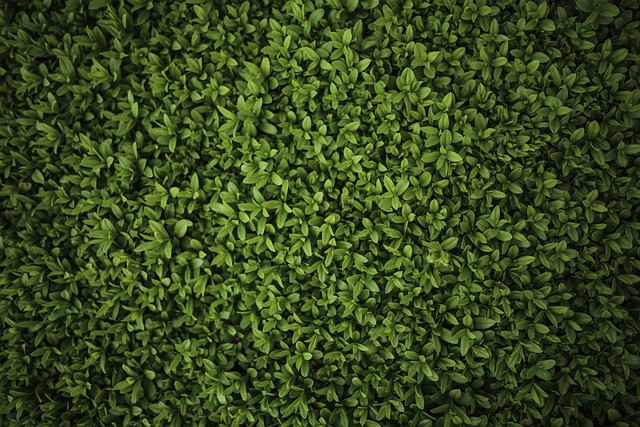
Published by horsesdaily on February 1, 2023
Categories
Privet is a commonly grown ornamental plant that can be toxic to horses if ingested. The toxic compounds found in privet, known as glycosides, can cause […]
February 2, 2023
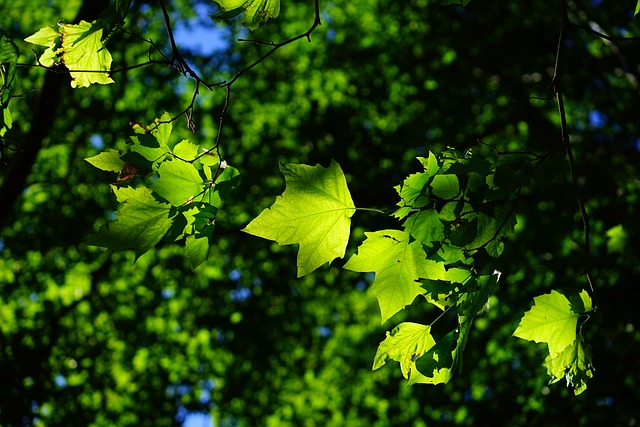
Published by horsesdaily on February 2, 2023
Categories
Sycamore: A Potentially Poisonous Tree for Horses in the UK Sycamore is a common tree species found throughout the UK, often growing in fields, pastures, and […]
March 9, 2023
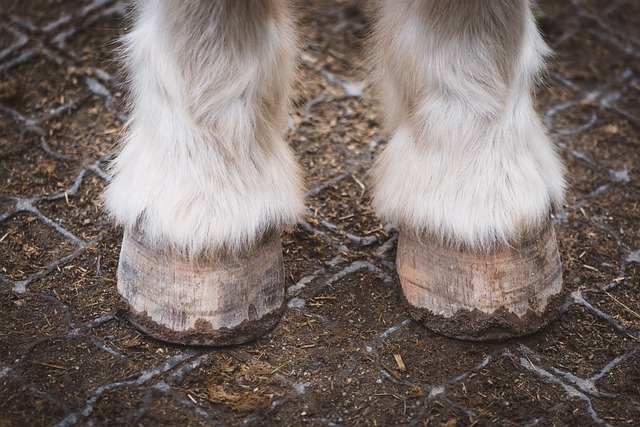
Published by horsesdaily on March 9, 2023
Categories
Yes, horses can be left or right “handed,” just like humans. This is referred to as their “sidedness” or “laterality.” Horses can be either left or […]
February 1, 2023
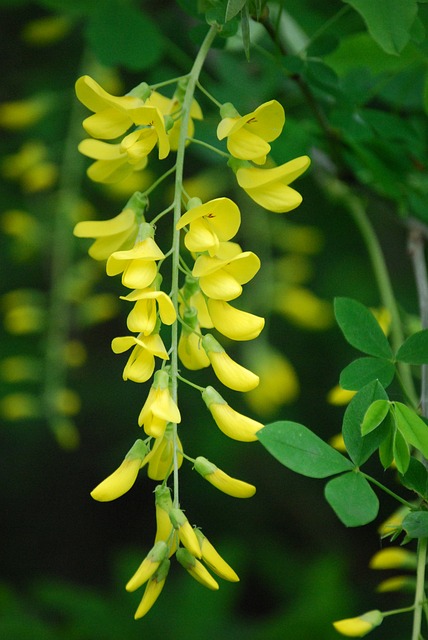
Published by horsesdaily on February 1, 2023
Categories
Laburnum, also known as golden chain, is a commonly grown ornamental plant that can be toxic to horses if ingested. The toxic compounds found in laburnum, […]
February 1, 2023
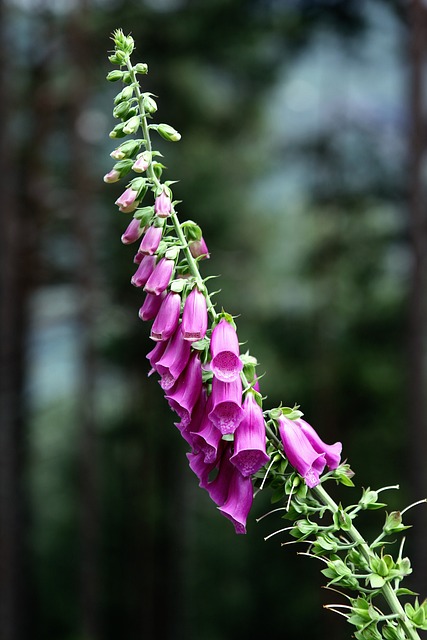
Published by horsesdaily on February 1, 2023
Categories
Foxglove, also known as digitalis, is a beautiful and commonly grown ornamental plant. However, it is also extremely toxic to horses and can have serious and […]
February 2, 2023
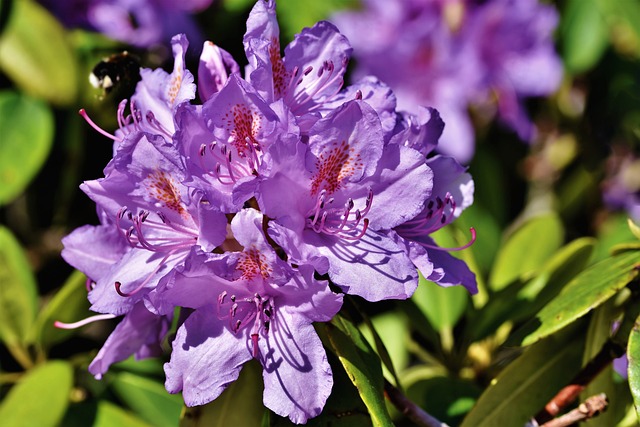
Published by horsesdaily on February 2, 2023
Categories
Rhododendron is a popular ornamental shrub commonly grown in the UK and other parts of the world. While its attractive flowers and foliage make it a […]
February 2, 2023
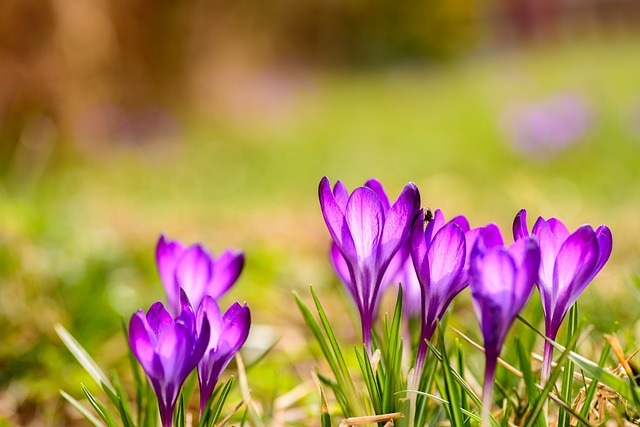
Published by horsesdaily on February 2, 2023
Categories
Meadow Saffron: The Hidden Threat to UK Horses Meadow saffron, also known as colchicum autumnale, is a common wildflower found in the United Kingdom and across […]
February 1, 2023
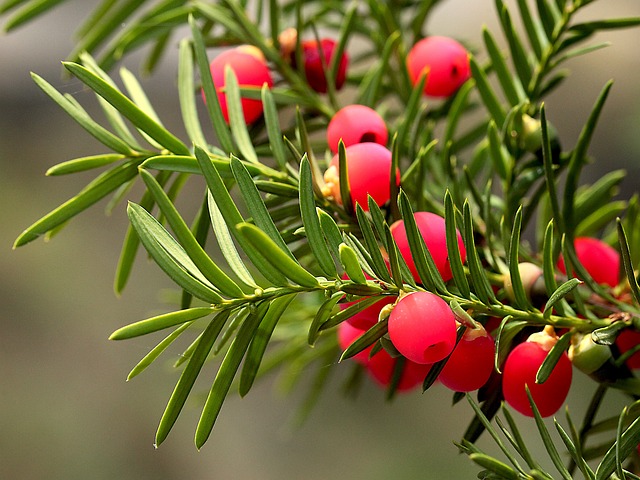
Published by horsesdaily on February 1, 2023
Categories
Yew is a commonly grown ornamental plant that is highly toxic to horses if ingested. The toxic compounds found in yew, known as taxanes, can cause […]
February 1, 2023
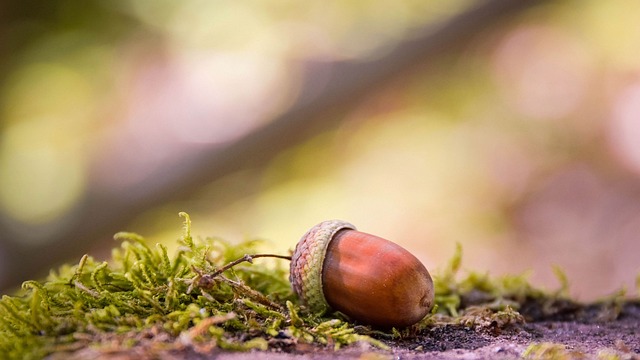
Published by horsesdaily on February 1, 2023
Categories
Acorns, the fruit of the oak tree, may seem harmless, but they can actually be toxic to horses if ingested in large amounts. Acorns contain tannins, […]
February 1, 2023
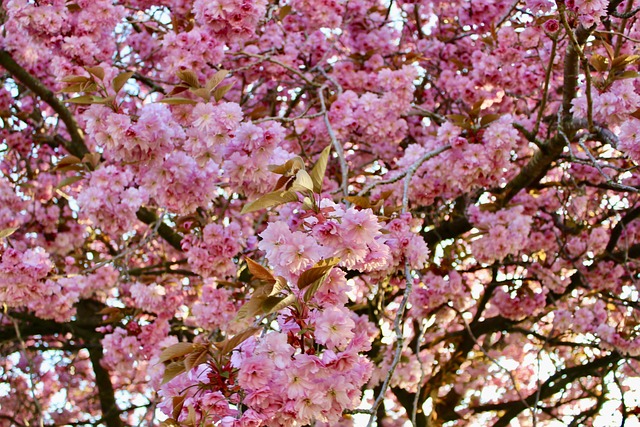
Published by horsesdaily on February 1, 2023
Categories
Cherry Trees in the UK: A Guide to their Beauty and Dangers Cherry trees are a beloved sight in the UK, with their delicate pink and […]
April 24, 2023
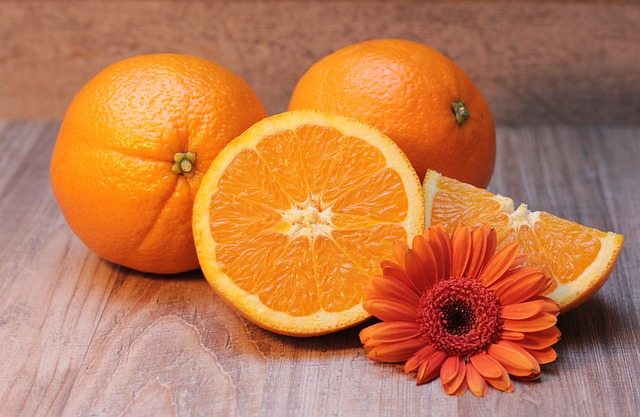
Published by horsesdaily on April 24, 2023
Categories
Horses can eat oranges, but they should only be fed in moderation as an occasional treat. Oranges are a good source of vitamin C, which is […]
March 16, 2023
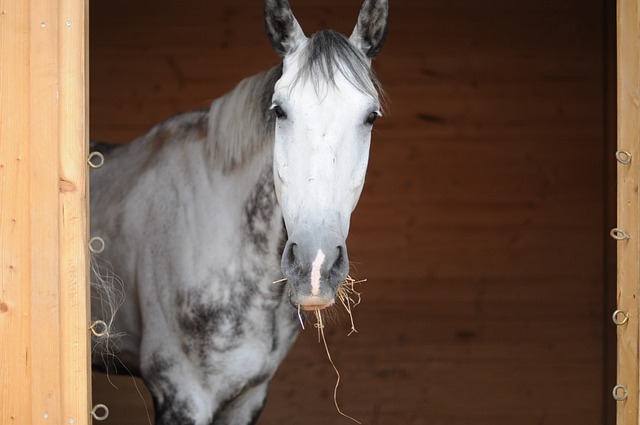
Published by horsesdaily on March 16, 2023
Categories
While horses may nibble on straw bedding, it is generally not recommended as a significant source of nutrition for them. Straw is low in nutritional value […]
February 2, 2023
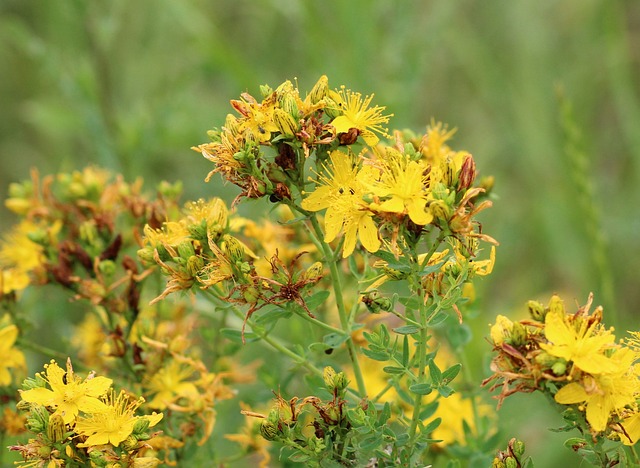
Published by horsesdaily on February 2, 2023
Categories
St John’s Wort: A Potentially Poisonous Herb for Horses in the UK St John’s Wort is a plant species commonly found in the UK and across […]
April 17, 2023
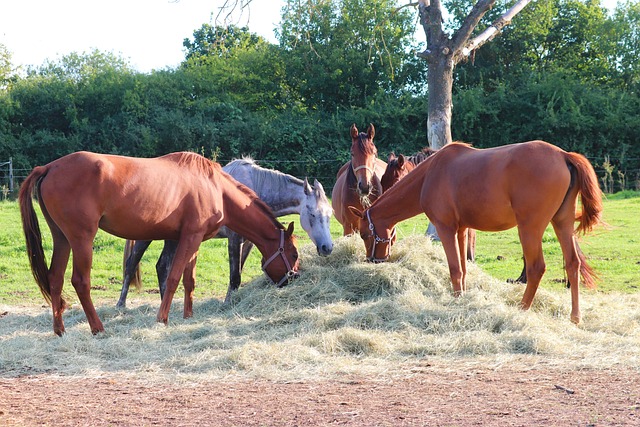
Published by horsesdaily on April 17, 2023
Categories
Horses are athletes, and just like human athletes, they require a balanced and varied diet to stay healthy and perform at their best. In this blog […]
March 10, 2023
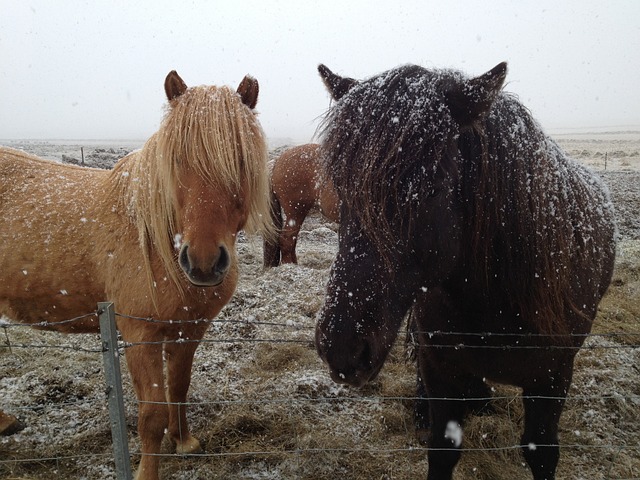
Published by horsesdaily on March 10, 2023
Categories
Turning horses out in the snow can lead to a number of health issues if appropriate measures are not taken to ensure their safety and wellbeing. […]
February 1, 2023
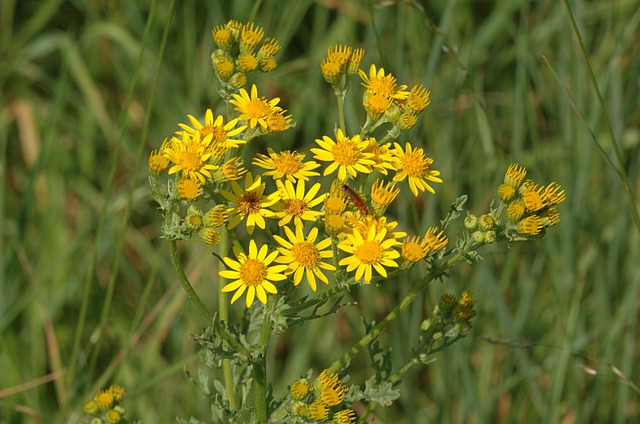
Published by horsesdaily on February 1, 2023
Categories
Ragwort is a common weed in many parts of the world, but its effects on horses can be deadly. This plant contains toxic compounds that can […]
February 1, 2023
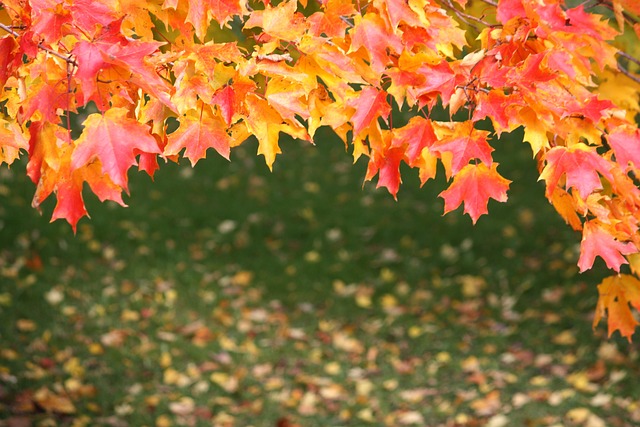
Published by horsesdaily on February 1, 2023
Categories
Maple Trees in the UK: A Poisonous Threat to Horses Maple trees (Acer species) are commonly found in the UK, but they can be toxic to […]
February 1, 2023
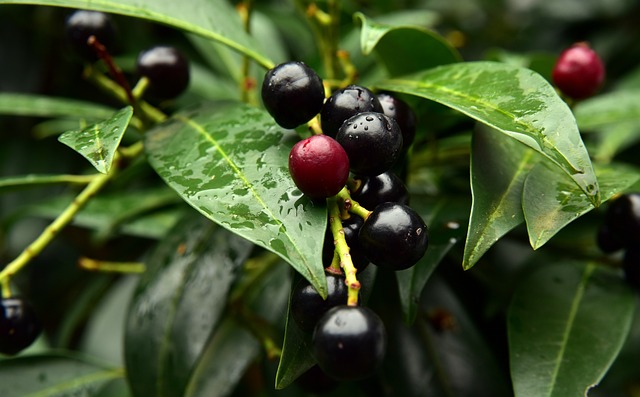
Published by horsesdaily on February 1, 2023
Categories
Laurel Plant in the UK: A Poisonous Danger to Horses Laurel (Prunus species) is a common plant found in the UK, but it can be toxic […]
February 1, 2023
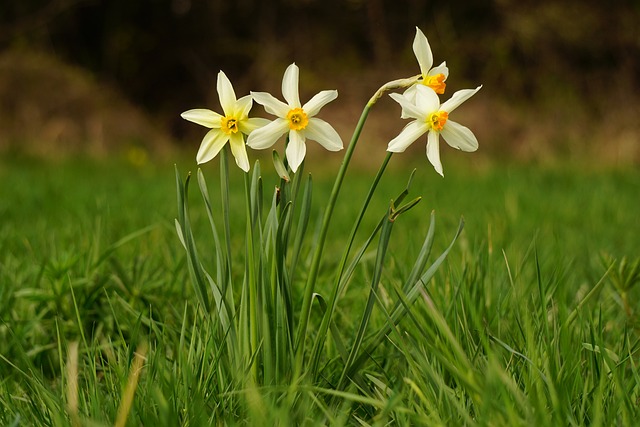
Published by horsesdaily on February 1, 2023
Categories
Daffodils: A Beautiful UK Plant with Hidden Dangers for Horses Daffodils (Narcissus spp.) are a popular and beloved spring flower in the UK, but they can […]
February 1, 2023
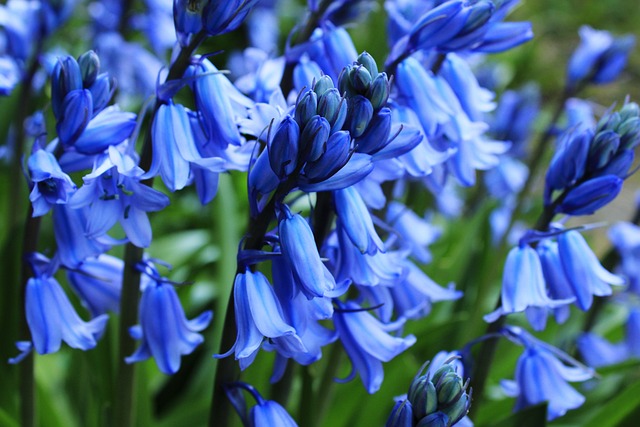
Published by horsesdaily on February 1, 2023
Categories
Bluebells are a common wildflower species found in the UK and are known for their beautiful, nodding blue flowers. While bluebells are not toxic to horses, […]
